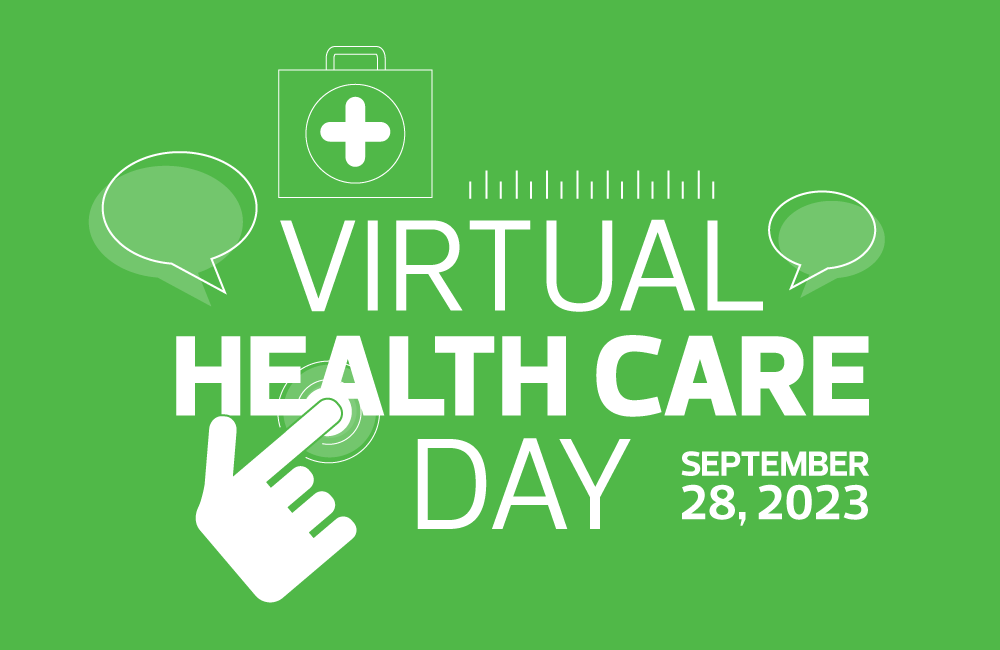Organizations should enlist a committee knowledgeable about health care compliance frameworks to oversee data quality and protocols.
Key takeaways
Several data integrity models are commonly used to ensure the accuracy, consistency and reliability of data.
By maintaining data integrity, organizations can enhance patient safety, improve outcomes and provide high-quality care.
Featured event
Cybersecurity and data breaches
Check out this on-demand webcast from RSM's 2023 Virtual Health Care Day.

Safeguarding the integrity of patient information is key to mitigating potential issues in the care provided to consumers. Integrity issues such as quality and continuity in patient data may increase malpractice risk and negative patient outcomes, which can harm an already pressured bottom line for many beleaguered hospitals. When patients lose confidence in an organization or provider, they will seek care elsewhere.
Transparency leads to several positive outcomes
Health care organizations can create a competitive advantage by taking several steps to improve data integrity, ensuring that the data they collect and maintain is accurate, complete and reliable. As patient information becomes transparent across various health care organizations, this can lead to positive outcomes for the delivery of care to patients.
Organizations should focus on building a committee of leaders with knowledge of health care compliance frameworks that will oversee data quality and then adopt a framework with protocols in place for continuous improvements. When patient data, such as comprehensive medical records that include past treatments, medications and allergies, is transparent and easily accessible across the health care ecosystem, providers can make more informed decisions about patient care, administrative time can be reduced, and physicians can focus their efforts on providing optimal, patient-centered care.
In addition, patients with access to their own health data become empowered to take an active role in their health care. When patients can view their medical records, test results and treatment plans, they gain a better understanding of their conditions, which facilitates informed decision making and promotes engagement in their own care. Patient empowerment could lead to improved adherence to treatment plans, better self-management of chronic conditions and increased patient satisfaction.
At the same time, it is essential to maintain patient privacy and confidentiality when implementing transparency initiatives. To protect patient information and ensure that sensitive data is accessed only by authorized individuals or entities, organizations must put strict data security measures in place and adhere to legal and ethical guidelines.
Ensuring data credibility
In health care, several data integrity models are commonly used to ensure data accuracy, consistency and reliability. Here are a few examples:
- ACID (atomicity, consistency, isolation, durability): The ACID model is a set of properties that guarantee reliability and consistency in database transactions. Atomicity ensures that a transaction is treated as a single unit of work, either fully completed or fully rolled back.
- CAP (consistency, availability, partition tolerance): The CAP theorem states that it is impossible to achieve all three properties referenced in its name simultaneously in a distributed data system. In health care, where data consistency is crucial, the CAP model guides organizations in making trade-offs between consistency and availability in distributed environments.
- DICOM (digital imaging and communications in medicine): DICOM is a standard for transmitting, storing, and sharing medical images and related information. It ensures data integrity by defining protocols, data formats and metadata standards that allow for the accurate and reliable exchange of medical images across different health care systems and devices.
- HIPAA (Health Insurance Portability and Accountability Act): While not a data integrity model, HIPAA establishes privacy and security standards for protecting patients' health information. Compliance helps ensure data integrity because the rules require safeguarding against unauthorized access, maintaining data accuracy and implementing security measures to prevent data breaches.
These models and standards play a significant role in maintaining data integrity within health care systems and applications, enabling the accurate and reliable exchange of health information while ensuring patient privacy and security.
Looking forward
Overall, data integrity is essential for the continuity of care, as it promotes accurate diagnosis, safe transitions between health care providers, effective care coordination, and evidence-based decision making. By maintaining data integrity, health care organizations can enhance patient safety, improve outcomes, and provide high-quality, uninterrupted care throughout a patient's health care journey.
Looking forward, generative AI has the potential to improve data integrity in health care by augmenting and enhancing the quality and completeness of existing data sets. It's important to note, however, that while generative AI techniques hold promise in improving data integrity, careful governance, validation and verification are necessary to ensure the reliability and accuracy of generated data.
CONSULTING INSIGHT: Risk analytics
Companies now have access to more data than ever before, and while collecting data is no longer a problem, getting the right data remains challenging. Learn how RSM’s risk analytics services can improve the efficiency of business activities while providing insights into risks and the effectiveness of controls.



